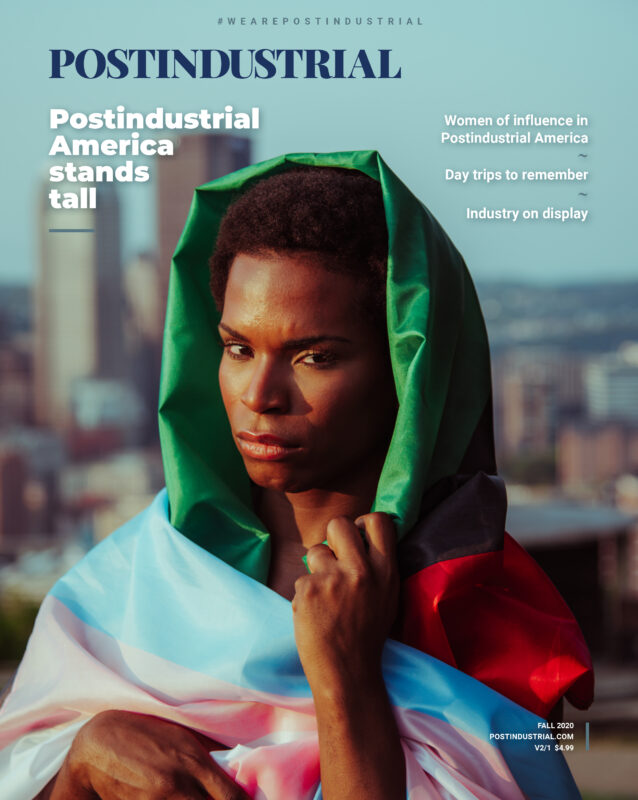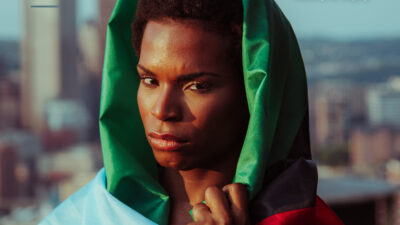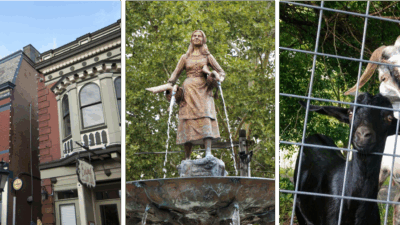

My artistic practice, as a photographer and documentarian, is defined by using portraits and video to explore identity — primarily Black womanhood and queer personhood — and to challenge a society that remains harsh to the marginalized and the intersectional. In 2020 I’ve been asked, more than ever before, if my work can be categorized as activism. As a queer Black woman living in a country where my personhood is politicized, the answer is yes. My art is activism.
At the time of this writing, I’m reeling from another reminder that we as Black people in America have targets on our backs, even in innocence and the so-called safety of our homes. Breonna Taylor, a Black woman just like me and the women in my family and community, was killed by the police, and the system we waningly hoped would deliver justice has failed us again. Say her name. In the words of Raquel Willis, “these systems operate as intended. Recourse for harm against Black women was never in the imagination of those who first crafted them.” I’m reeling.
According to data collected by the Human Rights Campaign, more Black trans women have been killed in 2020 than in any year previous since the group began tracking it in 2013; violence against the most vulnerable members of our community is at a decided, horrifying uptick. We are immersed in a vicious political climate that “others” and dehumanizes us as Black women and Black queer people, and even in death Black trans women are denied humanity, ignored, misgendered. Say her name: Aaliyah Johnson. I’m reeling.
For this cover, I was asked to create an image that could serve as a summation of the sentiment and issues that are at the forefront right now. We are, in real-time, living the revolution. It is televised, it’s in the streets, it’s on the Internet, in print, in our discussions, our demands, our righteous indignation, our uprising: Black lives matter. Black trans lives matter. Protect Black women. My friend, model, activist, writer, and performer Remy Black, lives in the intersection of this revolution more than anyone I know as a Black trans woman. Thus, it could only be her to collaborate with me on this vision.
In this photograph Remy is draped in both the Black liberation flag and the trans flag with the Pittsburgh skyline framing her. As is true of America itself, Pittsburgh is at the brink of either growth or failure. Last year, Pittsburgh’s Gender Equity Commission cited Pittsburgh as “arguably the most unlivable for Black women.” In Remy’s eyes we see weariness, anger, indignation. Yet she is resolute.
Remy is a symbol and a reminder that although we are fighting for our lives, we — Black people, Black queer people, Black women — are harbingers of social progress. In this region and through this country we spearhead systematic change and lead our communities. We are glorious and resilient. We are the freedom fighters.
And we will win.







